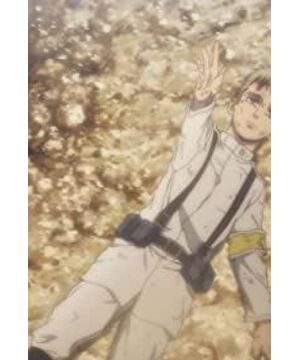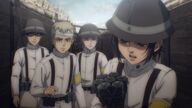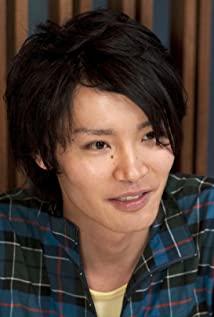I haven't read it yet, but I want to write some insights for fear of forgetting.
I don't feel that Ji Allen has a very strong feeling in the end, but I like this setting very much. If you are not the protagonist, you have to wear an invincible aura.
But looking at his lightless eyes, he knew that this young man had too much on his shoulders. I watched the barrage before and said that the fifteen-year-old Allen is really cowardly, emotional, mother-in-law, not bold, but now he's rational, and even indifferently thinking of destroying the world, but he has already seen through life at a young age, I don't know. Sad or sad. I envy those who live transparently, but I don't want to be them, because I know that most people are transparent because of what they have seen and experienced.
Secondly, with regard to war, it is really time to repay the grievances. Those who suffer are ordinary people. No one can afford to pay for the loss of life and wealth brought about by each war. No one is wrong. Those misunderstandings and hostility are just products of political struggle and deliberate guidance by the media.
There is also racism and racial discrimination. It is not just the weak and the strong. As long as the gun is hardened, there will be no discrimination, and it will only start to talk about human rights. However, this kind of racism, and even the law of the jungle at the national level, is unavoidable in the historical process, and it is also because of oppression that there is resistance to promote human progress. But hegemony only leads to extremism.
Furthermore, I feel that the author's shocking and magnificent worldview is vividly displayed through this animation, which is mixed with human nature, philosophy, politics, religion, society, psychology, etc.
In the end, there is nothing wrong with every aspect of this world. Everyone under each aspect will have beliefs and cognitions influenced by their own environment, which is just their own subjective world, but they can accommodate different viewpoints and opinions, dialectical The world of seeing the subjective world of the self will be broader.
View more about The Other Side of the Sea reviews











